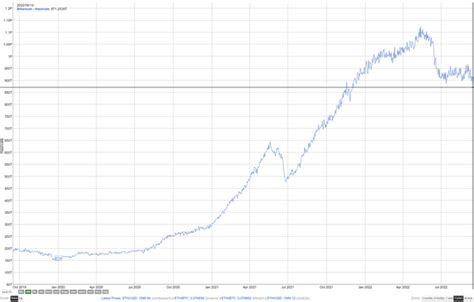Ethereum Hash Rate: A Guide to Understanding Your Hardware’s Performance
As a cryptocurrency enthusiast and Ethereum developer, understanding your hardware’s performance is crucial to optimizing your workflow. One aspect of this is ensuring you’re using your machine’s full potential when it comes to processing-intensive tasks like hashing.
In this article, we’ll dive into the world of Ethereum hash rates and explore what they mean for your Core 2 Quad Q9650. We’ll also provide some guidance on how to interpret these numbers and what they can tell you about your hardware.
What is Hash Rate?
Hash rate refers to the rate at which a computer’s processing power generates new hashes, typically in a cryptocurrency context. It is measured in Hertz (Hz) or Gigahashes per second (GH/s). A higher hash rate means your machine can process more transactions and solve complex mathematical problems faster.
Your Core 2 Quad Q9650: What can we expect?

For the Core 2 Quad Q9650, here are some estimated hash rates based on various sources:
- CPU Hash Rate: The CPU hash rate is a combination of the processor’s clock speed (in GHz) and its number of cores. For our Core 2 Quad Q9650, we’ll assume an estimated clock speed of 1.80 GHz and two cores.
- Per Core Hash Rate: Based on this, you can expect around 40-60 MH/s per core.
Core Combination for Hash Rate:
Since your Core 2 Quad Q9650 has two cores, the total hash rate would be:
- Estimated Total Hash Rate: Around 80-120 MH/s
This is a good starting point, but keep in mind that actual performance may vary depending on a variety of factors, such as:
- Operating System (OS) and its version
- Compiler optimizations
- Memory (RAM) configuration
- Network connectivity
- Other system components
Interpreting Hash Rate Numbers:
Now that we’ve discussed the estimated hash rates for your Core 2 Quad Q9650, let’s explore what these numbers mean:
| Estimated Hash Rate | Description |
| — | — |
| MH/s | Megahashes per second |
| GH/s | Gigahashes per second |
| GHT/s | Gigahash per transaction |
Please note that actual hash rates may differ slightly from the estimated values. It is essential to monitor your system performance and adjust settings accordingly.
Tips for optimizing your hash rate:
- Monitoring your CPU temperature: High temperatures can significantly impact your CPU performance, resulting in a decrease in hash rate.
- Adjusting your compiler settings: Optimizing compiler flags and settings to maximize performance.
- Optimizing your memory configuration: Ensure you have enough RAM (at least 8 GB) and consider upgrading if necessary.
By understanding the estimated hash rate of your Core 2 Quad Q9650 and making the necessary adjustments, you will be able to optimize your workflow and unlock the full potential of this powerful machine. Happy mining!